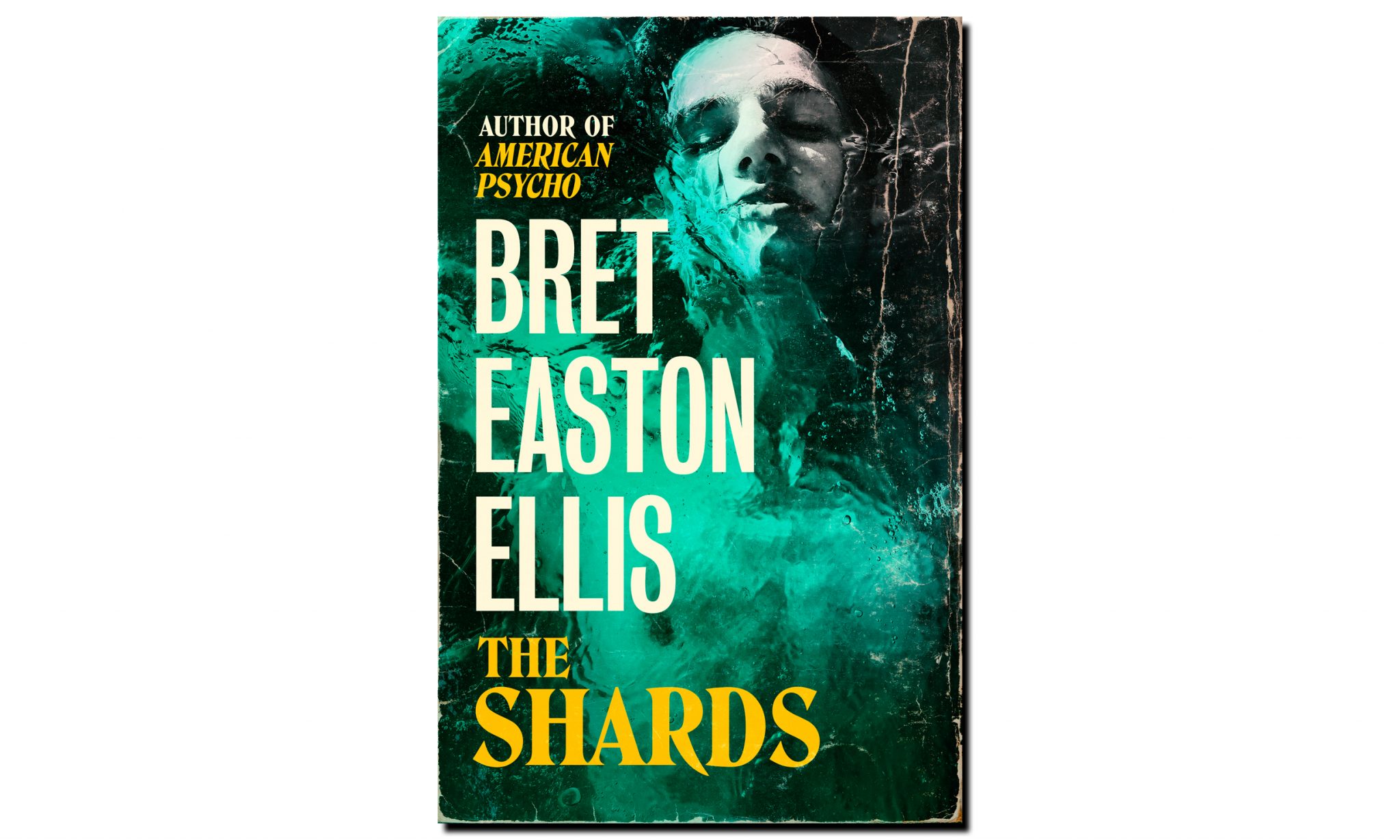In The Shards, the author’s first novel in 13 years, ‘everyone, it seems, is using everyone else’
The star of Bret Easton Ellis’s first novel for 13 years is Bret. It’s set in Los Angeles, in the autumn of 1981, in his last year of a private high school and he’s in the middle of an early draft of Bret Easton Ellis’s debut novel, Less than Zero (actually published in 1985). Aside from that, his main preoccupations are sex (with girls and boys), drugs (sedatives, weed and cocaine), the social dynamics of his elite group of overprivileged high-school peers – quarterbacks, prom queens – and a predatory serial-killer dubbed ‘the Trawler’, about whom no one else (other than the police and occasionally the press) seems to care that much (although the narratives of the friends and the serial killer come together, in a way, at the book’s denouement). Throughout, Bret is trapped in the liminal space between childhood and adulthood like a fly in amber, but nevertheless moving from one to another in a manner that’s beyond his control. With parents who are seemingly on permanent vacation, and those of his friends similarly uninterested in the lives of their offspring (a result, variously, of business, divorce, drugs and their own sex drives), music (for those who remain unsatisfied by the author’s written analyses of his novel’s soundtrack, or for those with nostalgic cravings, there’s an extensive Spotify playlist accompanying the book) and movies take their place as role models.
Fans of Ellis’s work will see touches of Less than Zero and another early novel, American Psycho (1991), as well as the autofictional tendencies of later works such as Lunar Park (2005). Yet for all its nostalgic undertones, this book (ostensibly written by the fictional Bret of today looking back to his adolescence) is as much about the present as it is the past. ‘In a pre-digital world secrets were more easily kept; in fact secrets were the norm,’ the author interjects at one point (to explain why various aspects of the Trawler’s story weren’t connected at the time), and yet, one might also read the book as a story about how disembodied identities, masks and avatars long predated social media and metaverses. Much of Bret’s time is spent hiding his own identity (in particular his homosexuality), while trying, simultaneously, to find out who everyone else ‘really’ is behind the masks Bret assumes they also wear. Everyone, it seems, is using everyone else. Overall, it’s an exercise that frequently causes lapses in Bret’s mind at the border of fiction and reality. (‘I stared at Susan,’ Bret writes at one point, ‘and felt strangely distanced, as if I was floating above the kitchen, watching myself in a movie where I didn’t know the story, or who my character was’.) But that, he self-justifies, is merely the result of bearing the heavy burden of a young writer’s imagination. Not that we hear much about what young Bret is actually writing. But then again, we have real Bret’s bibliography for that.
While the Trawler’s murders are shocking, graphic and bizarre, as one might expect given Ellis’s track record, the conceit of an older writer looking back allows him to treat love, sex and the crossovers between them with more eroticism (particularly in the case of homosexual encounters) tenderness and complexity than in previous works. Even though, all the while, fictional Bret is actively pursuing ‘numbness’ as a means of getting though life: ‘I wanted to write like this as well: numbness as a feeling, numbness as a motivation, numbness as the reason to exist, numbness as ecstasy’. That Bret never quite manages to live up to this ideal is perhaps what this surprisingly subtle novel (for all the cum, gore and theriocide) is really about.
The Shards by Bret Easton Ellis, Swift, £25 (hardcover)
